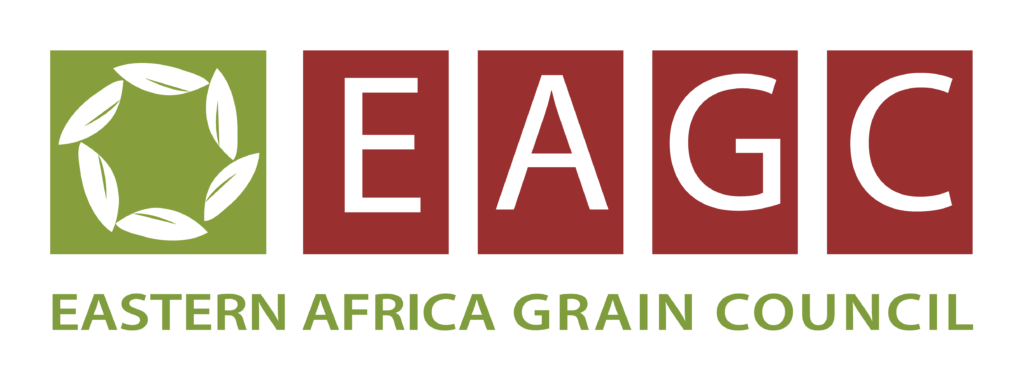EAGC with the support of Trade Mark East Africa held sensitization meetings on the domestication of infectious disease guidelines and protocols in cross border food trade in the East Africa Community. The meetings were held in some of the key agricultural corridors in East Africa among them Namanga, Busia, Lunga Lunga and Mutukula border posts.
At the onset of the Covid-19 pandemic, East African governments put up measures and protocols to mitigate the spread of the pandemic. Individual governments put restrictions such as closing border posts and conducting covid-19 test at the border points as public health measures to control the spread of the virus.
With these restrictions, trucks were stuck at the border point for hours slowing down cross-border trade. Border delays in turn restricted the movement of food from one part of the region to the other, raising food security concerns.
In recognition of the importance of intra-regional trade, governments made significant efforts to introduce measures to contain the spread of the virus, while keeping borders open for trade and food markets. The objective of the sensitization was therefore geared towards creating awareness and supporting the border communities and food trade stakeholders to comply with Government guidelines and practices that mitigate public health risks in cross border trade caused by infectious diseases such as Covid-19, Ebola and Monkey pox among others, to maintaining open border points. Participants were handed over sensitization materials for reference which were strategically placed for larger visibility of the border community.
Participants in the trainings noted the resurgence of the Covid-19 cases and called for continued sensitization forums. They further called upon collaborative efforts between facilitating agents on both sides of the border and standardized Covid -19 certifications across East African countries among others.
Participants also vowed to be each other’s keeper to ensure they follow directives from the port health officials at the border points on health safety and in observing guidelines which are easily forgotten by the community after a short period.

